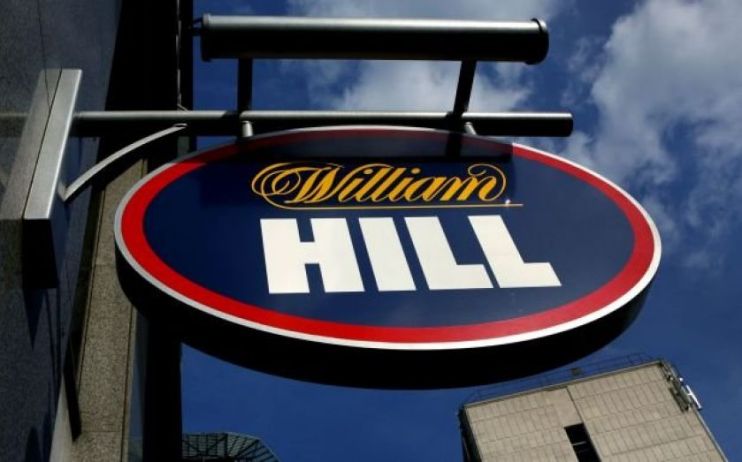Betting cap and US expansion costs hurt William Hill

William Hill has posted a pre-tax loss for the first half of the year, as the introduction of a regulatory cap on fixed-odds betting terminals and the cost of expanding in the US took a toll.
The figures
The gambling group reported a pre-tax loss of £63.5m for the first half.
Net revenue was up slightly, rising one per cent from £802.9m to £811.7m.
William Hill said it had an adjusted pre-tax profit of £50.8m, a 47 per cent drop.
The company saw a loss per share of 7.1p, and announced a interim dividend per share of 2.66p, a 38 per cent drop on the 2018 amount.
Shares were up 5.72 per cent in morning trading to 155.15p, compared to 146.75p at yesterday’s close.
Why it’s interesting
The introduction of a £2 cap on bets made at fixed-odds terminals in April has hit the gambling provider hard, and it plans to close around 700 of its UK betting shops in response.
The new regulations were introduced following complaints that previous rules governing the machine, which had let gamblers bet up to £100 every 20 seconds, made them highly addictive and easy to make huge losses on.
William Hill, alongside other British betting companies, have been expanding into the US after it overturned a federal ban on sports betting. Non-UK markets are now responsible for a third of the group’s online revenue.
The costs associated with this expansion, coupled with the impact of the new regulations, have made it an expensive year for the company. However the first-half loss still represents a significant improvement on its pre-tax loss of £802.3m for the same period in 2018, when it took a substantial non-cash charge.
What William Hill said
Chief executive Philip Bowcock said the company was “making good progress” towards its five-year strategy.
“We continue to expand rapidly in the US, both in Nevada and in the new states, with over $1bn wagered with us in the first half. We are now live in eight states and will expand into at least two more states in H2.”
Bowcock thanked William Hill employees for their “incredibly professional” response to news of the impending shop closures. “The response of our colleagues has been incredibly professional during this difficult time and I would like to thank each and every one of them for that,” he said.